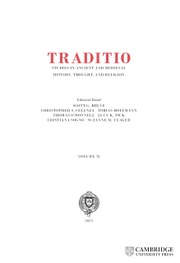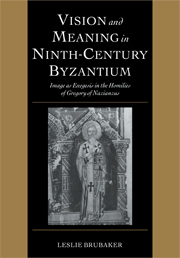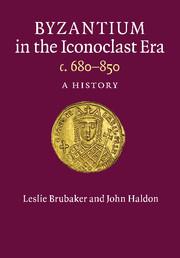Gender in the Early Medieval World
Using gender analysis to study power and culture between c. 300 and 900, this study examines the women, men and eunuchs who lived in the late Roman, Byzantine, Islamic and western European civilizations. It assesses the ways in which gender identity was established and manifested in written and material cultural forms, emphasizing the integral relationship between the masculine and feminine by exploring costume, attitudes to the body, social and political institutions and a wide range of literary genres.
- Interdisciplinary appeal; challenges old orthodoxies and introduces new methodological approaches
- Exceptionally wide scope of examination
- Written by experts in the field in an accessible style
Reviews & endorsements
"The collection...examines a variety of issues regarding gender in history, literary representation, and archeology for early Byzantium, the Abbasid Empire, the Carolingian Empire and Anglo-Saxon England...Because many of the same themes are represented in two or more of the articles within the book, the collection comes across as a model of careful selection and coherence; very few article collections are so well integrated and balanced...Thus, archeologists and art historians as well as scholars of literature and history should find Gender in the Early Middle Ages an important contribution to their fields."
-Alexandra Cuffel, Macalester College
"This book should be bought by all researchers itnerested in adding a gendered approach to their examinations of the Early Middle Ages (scholars on medieval ethnicity will find a lot to think about), as well as by all universities teaching undergraduate units on the Early Middle Ages."
-Elizabeth Freeman, University of Tasmania
"...many of the fine articles offer fresh appraocehs to well-defined historical problems. The authors use case studies to deconstruct the presentation of gender in the primary source material and, at the same time, to destabilize misleading assumptions of modern historiography."
-Lisa M. Bitel, University of Southern California
"The respective contributions are provocative and meaty, presenting a unity of interest unusual among such collections...The volume's contents are remarkable for the geographical extent of their material...Gender in the Early Middle Ages...is important reading for scholars of gender and medieval studies while its reconsideration of the legacy of antiquity makes it essential as well for readers interested in classical civilizations."
-Carol Neel, Colorado College, Journal of Medieval Studies
Product details
December 2004Paperback
9780521013277
346 pages
227 × 153 × 20 mm
0.49kg
15 b/w illus. 2 tables
Available
Table of Contents
- 1. Introduction Julia M. H. Smith
- Part I. Gender in Late antique, Byzantine and Islamic Societies:
- 2. Gender and ethnicity in the early middle ages Walter Pohl
- 3. Clothes maketh the man: power dressing and elite masculinity in the later roman world Mary Harlow
- 4. Social transformation, gender transformation: the court eunuch, 300–900 Shaun Tougher
- 5. Sex, lies and textuality: the secret history of Prokopios and the rhetoric of gender in sixth-century Byzantium Leslie Brubaker
- 6. Romance and reality in the Byzantine brideshows Martha Vinson
- 7. Men, women and slaves in Abbasid society Julia Bray
- 8. Gender and politics in the harem of al-Muqtadir Nadia Maria El Cheikh
- Part II. Gender in Germanic Studies:
- 9. Dressing conservatively: women's brooches as markers of ethnic identity? Bonnie Effros
- 10. Gendering courts in the early medieval west Janet L. Nelson
- 11. Men, women and liturgical practice in the early medieval west Gisela Muschiol
- 12. Gender and the patronage of culture in Merovingian Gaul Yitzhak Hen
- 13. Genealogy defined by women: the case of the Pippinids Ian Wood
- 14. Brideshows revisited: praise, slander and exegesis in the reign of the Empress Judith Mayke de Jong
- 15. 'What is the word if not semen?' Priestly bodies in Carolingian exegesis Lynda Coon
- 16. Negotiating gender, family and status in Anglo-Saxon burial practices, c.600–950 Dawn Hadley
- Index.


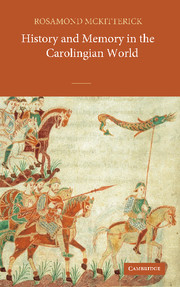
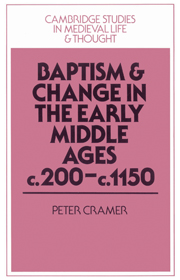
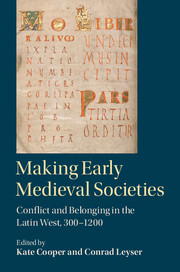
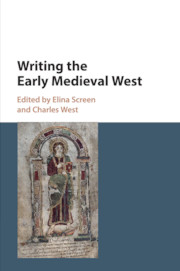


.jpg)
.jpg)
